Home>Garden Essentials>What Type Of Bird Loves Sunflower Seeds
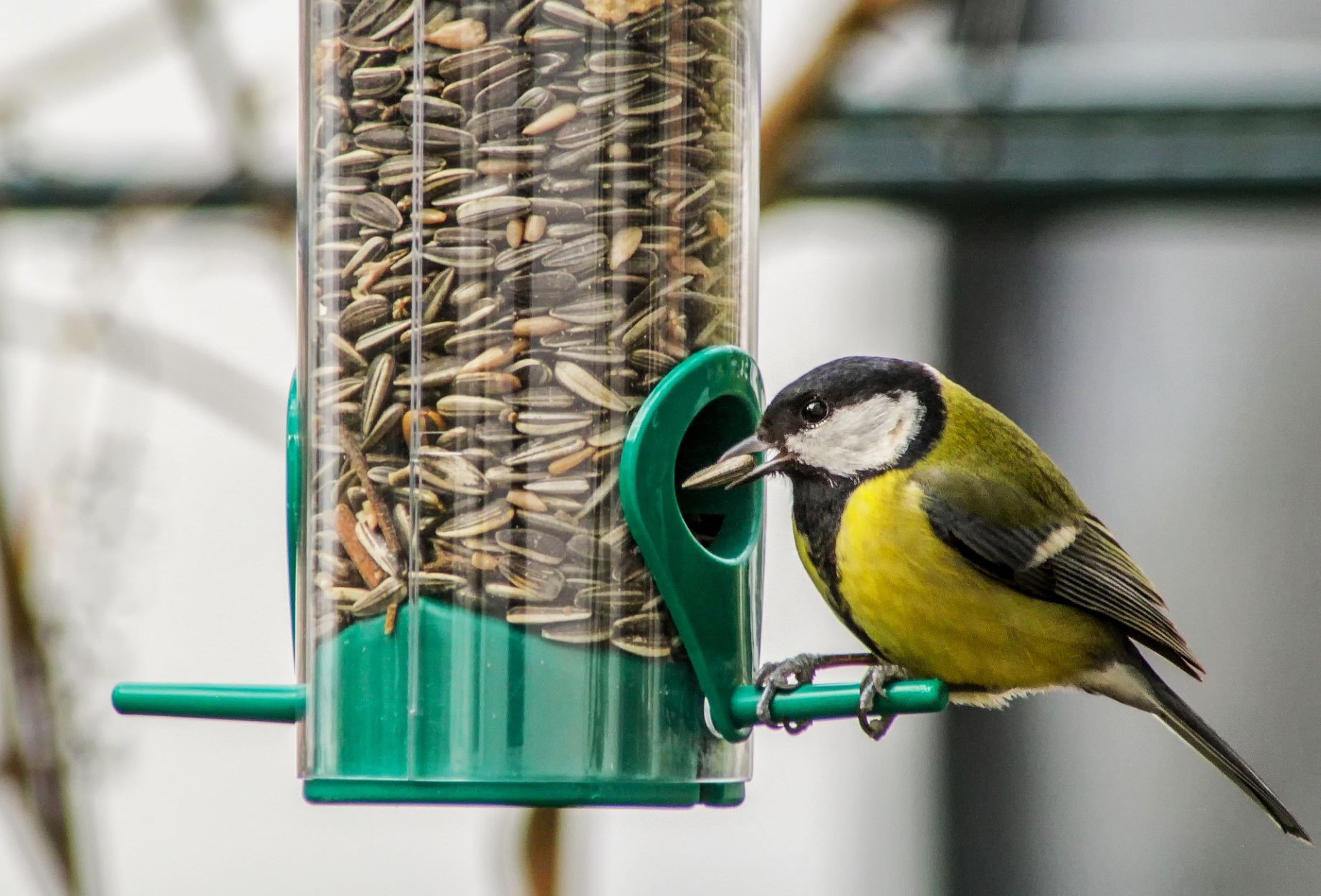

Garden Essentials
What Type Of Bird Loves Sunflower Seeds
Modified: March 24, 2024
Discover which garden birds enjoy eating sunflower seeds in the shell. Find out how to attract them to your garden with this helpful guide.
(Many of the links in this article redirect to a specific reviewed product. Your purchase of these products through affiliate links helps to generate commission for Storables.com, at no extra cost. Learn more)
Introduction
Welcome to the wonderful world of bird feeding! If you’re an avid gardener or nature enthusiast, you might be familiar with the joy and satisfaction that comes from attracting birds to your backyard. One popular and nutritious food source for birds is sunflower seeds. Birds are naturally drawn to these nutrient-packed little powerhouses, making them a great addition to any bird feeding routine.
In this article, we’ll explore the reasons why birds love sunflower seeds, the types of birds that indulge in them, the nutritional value they offer, and the benefits of incorporating them into your bird feeding regimen. We’ll also provide tips on how to effectively feed birds sunflower seeds in the shell to maximize their enjoyment and your viewing pleasure.
So, grab your binoculars and let’s dive into the fascinating world of sunflower seeds and the birds that can’t resist them!
Key Takeaways:
- Sunflower seeds are a nutritious and convenient food source for birds, attracting a variety of species to your backyard feeders. Their abundance, nutritional value, and ease of cracking make them a top choice for bird enthusiasts.
- By providing sunflower seeds in the shell, bird enthusiasts can attract a diverse array of feathered friends to their backyard, offering them essential nutrients and creating a vibrant and active outdoor space.
Read more: What Birds Like Black Oil Sunflower Seeds
Why Birds Eat Sunflower Seeds
Have you ever wondered why birds are so drawn to sunflower seeds? There are several reasons that explain their attraction:
- Nutritional Value: Sunflower seeds are packed with essential nutrients that birds need to thrive. They are a rich source of protein, healthy fats, fiber, and vitamins such as vitamin E and B vitamins. These nutrients provide birds with the energy they need for flying, foraging, and maintaining their overall health.
- Easy to Crack: Birds have beaks specifically designed for cracking open shells or husks to access the delicious kernel inside. Sunflower seeds are relatively easy for most birds to crack, making them a convenient and accessible food source. The effort required to obtain the edible part of the seed is minimal, which makes them an attractive option for birds.
- Abundance: Sunflower plants are known for producing an abundance of seeds, making them highly available to birds. As the flowers mature and dry, the seeds become ripe and ready to eat. This abundance ensures that birds can easily find and consume sunflower seeds, increasing their appeal as a food source.
- Versatility: Sunflower seeds can be consumed as a standalone snack or incorporated into a variety of bird feeders and mixes. This versatility makes them a versatile choice for attracting a wide range of bird species. Whether in their natural state or included in birdseed blends, sunflower seeds offer birds a tasty and convenient meal option.
Overall, birds eat sunflower seeds because they are a highly nutritious and easily accessible food source. The combination of their nutritional value, ease of cracking, abundance, and versatility makes sunflower seeds a top choice for birds looking to fuel themselves throughout the day.
Types of Birds That Eat Sunflower Seeds
A wide variety of bird species have a penchant for sunflower seeds. Here are some of the most common birds that you can attract to your backyard with these tasty treats:
- Cardinals: These vibrant red birds are frequent visitors to bird feeders and are known to have a particular fondness for sunflower seeds. Their large, strong beaks make it easy for them to crack open the shells and enjoy the tasty kernels inside.
- Blue Jays: Blue Jays are not only known for their striking blue plumage but also for their love of sunflower seeds. They have powerful beaks that can easily crack the seed shells, allowing them to enjoy the nutritious contents within.
- Chickadees: These small and lively birds are a joy to watch as they flit about in search of food. Chickadees are attracted to sunflower seeds and can often be seen taking multiple seeds at a time to cache them for future consumption.
- Finches: Goldfinches and House Finches, in particular, are commonly seen dining on sunflower seeds. They have slender beaks that are perfectly suited for extracting the seeds from their shells.
- Sparrows: Various sparrow species, such as House Sparrows and White-throated Sparrows, are known to enjoy sunflower seeds. These small birds are adaptable and can be found in a wide range of habitats, including your backyard.
- Nuthatches: White-breasted Nuthatches and Red-breasted Nuthatches are cavity-nesting birds that also frequent bird feeders. They have a unique way of obtaining sunflower seeds by jamming them into tree bark crevices and hammering them open.
- Woodpeckers: Downy Woodpeckers and Hairy Woodpeckers are attracted to sunflower seeds and will often visit feeders to enjoy them. With their strong beaks, these birds can easily crack open the shells in search of their next meal.
These are just a few examples of the many bird species that have a taste for sunflower seeds. By offering sunflower seeds in your bird feeders, you can attract a diverse array of feathered friends and enjoy the beauty and entertainment they bring to your outdoor space.
Nutritional Value of Sunflower Seeds
Sunflower seeds are not only a favorite of birds but also a powerhouse of nutrition. They offer a range of essential nutrients that are beneficial for both avian and human health. Here are some key nutritional components found in sunflower seeds:
- Protein: Sunflower seeds are an excellent source of protein, which is essential for muscle development, growth, and repair. Protein is particularly important for birds during periods of migration, breeding, and molting when their energy needs are higher.
- Healthy Fats: Sunflower seeds are high in healthy fats, such as monounsaturated and polyunsaturated fats, including Omega-6 fatty acids. These fats provide a concentrated source of energy for birds and help support proper organ function.
- Fiber: Sunflower seeds contain dietary fiber, which aids in digestion and promotes a healthy gut. Fiber is especially important for birds that consume a primarily seed-based diet, as it helps prevent constipation and maintains optimal digestive health.
- Vitamins and Minerals: Sunflower seeds are rich in various vitamins and minerals essential for overall health. They are particularly abundant in vitamin E, a powerful antioxidant that helps protect cells from damage. Sunflower seeds also contain B vitamins, including niacin, thiamine, and folate, which support energy production and nerve function.
The combination of protein, healthy fats, fiber, and essential vitamins and minerals make sunflower seeds a highly nutritious food source for birds. Providing these nutrient-packed seeds in your backyard feeder can help ensure that the birds visiting your garden have access to a well-rounded diet.
It’s important to note that while sunflower seeds offer many nutritional benefits, they should still be provided as part of a balanced diet for birds. Supplementing with a variety of other bird-friendly foods, such as fruits, suet, and insects, will help provide a more diverse and complete nutritional profile for our feathered friends.
Attract birds like cardinals, blue jays, and chickadees by offering sunflower seeds in the shell. These birds have strong beaks to crack open the shells and enjoy the nutritious seeds inside.
Benefits of Feeding Birds Sunflower Seeds
Feeding birds sunflower seeds can have numerous advantages, both for the birds and for you as an observer and caretaker of your backyard visitors. Let’s explore some of the key benefits:
- Attracts a Variety of Bird Species: Sunflower seeds are highly appealing to a wide range of bird species, including cardinals, finches, blue jays, and nuthatches. By offering sunflower seeds in your feeders, you can attract a diverse array of beautiful birds to your yard, allowing you to enjoy their vibrant colors and charming behaviors.
- Provides Nutritional Support: As mentioned earlier, sunflower seeds are packed with essential nutrients like protein, healthy fats, fiber, and vitamins. By feeding birds sunflower seeds, you are providing them with a nutritious food source that can help support their overall health and well-being.
- Helps Birds During Challenging Seasons: Sunflower seeds are especially beneficial during periods when other food sources may be scarce. In colder months or during migration, when natural food supplies are limited, having bird feeders stocked with sunflower seeds can provide a vital source of sustenance for our feathered friends.
- Encourages Bird Watching and Education: Feeding birds sunflower seeds can be a fantastic way to observe their behaviors up close and learn more about their habits and characteristics. It presents an opportunity to engage in bird watching, which has been shown to reduce stress and create a deeper connection with nature.
- Contributes to Conservation Efforts: By providing a consistent and reliable food source through sunflower seeds, you are playing a role in the conservation of bird populations. Proper nutrition can increase the chances of survival, reproduction, and successful migration for birds, contributing to the long-term conservation of their species.
- Offers Entertainment and Enjoyment: There’s nothing quite like the joy and entertainment that comes from observing birds frolicking around your backyard feeders. Seeing them perch, interact, and indulge in sunflower seeds can bring delight and a sense of connection with the natural world.
Feeding birds sunflower seeds not only benefits the birds themselves but also brings enjoyment, education, and a sense of stewardship to bird enthusiasts. So, grab a bag of sunflower seeds, fill up your feeders, and get ready to welcome a vibrant community of feathered visitors to your backyard!
Read more: Which Birds Eat Sunflower Seeds
How to Feed Birds Sunflower Seeds in the Shell
Feeding birds sunflower seeds in the shell is a simple and enjoyable way to attract a wide variety of bird species to your backyard. Follow these steps to ensure that your feathered friends can easily access and enjoy their favorite treat:
- Select the Right Feeder: Choose a feeder specifically designed for holding sunflower seeds. Look for feeders with small openings or mesh that allow birds to access the seeds while keeping out larger unwanted visitors, such as squirrels.
- Fill the Feeder: Fill the feeder with sunflower seeds in the shell. Opt for high-quality seeds to ensure they are fresh and free from mold or contamination. Consider choosing a mix of black oil sunflower seeds and striped sunflower seeds, as different bird species may have preferences.
- Place the Feeder: Position the feeder in a safe and visible location, preferably near trees or shrubs where birds can perch and observe their surroundings. Ensure the feeder is out of reach from predators and provides easy access for birds to fly in and out.
- Monitor and Refill: Keep an eye on the feeder and regularly check the seed levels. Refill the feeder as needed to ensure a continuous supply of sunflower seeds. This is especially important during colder months or high bird activity periods.
- Keep It Clean: Regularly clean the feeder to prevent the buildup of mold, bacteria, or other contaminants. Remove any leftover shells or debris from the feeder, and wash it with warm water and mild soap. Rinse thoroughly and let it dry completely before refilling.
- Observe and Enjoy: Grab your binoculars and take pleasure in observing the birds as they feed on the sunflower seeds. Notice their behaviors, identify different species, and relish the natural beauty that unfolds before your eyes.
Remember, patience is key when feeding birds sunflower seeds. It may take some time for birds to discover and trust the feeder, so be consistent in your efforts and provide a reliable food source. Over time, you will likely attract a delightful assortment of bird species that will bring life and joy to your backyard.
Keep in mind that sunflower seeds in the shell can be messy, with shells scattered around the feeder area. If you prefer a cleaner setup, you can also consider offering shelled sunflower seeds or a sunflower seed blend with a higher percentage of already shelled seeds.
Best Practices for Attracting Birds with Sunflower Seeds
Attracting birds with sunflower seeds requires more than just filling up a feeder. By following these best practices, you can create an inviting environment that will attract a wide variety of bird species to enjoy the sunflower seed feast in your backyard:
- Offer a Variety of Feeders: Different bird species have different feeding preferences. Consider offering a variety of feeder types such as platform feeders, tube feeders, or hopper feeders to accommodate different birds’ feeding behaviors. This variety will attract a diverse range of species to your feeding station.
- Provide Shelter and Perches: Birds need a sense of security while feeding. Place feeders near trees, shrubs, or other natural cover where birds can quickly retreat if they feel threatened. Additionally, provide perching options like branches or feeder poles to give birds a comfortable place to rest and observe their surroundings.
- Keep Feeders Clean and Fresh: Regularly clean your feeders to prevent the spread of diseases. Scrub them with warm, soapy water and rinse thoroughly. Also, discard any wet or moldy seeds and refill the feeders with fresh sunflower seeds to ensure their appeal and nutritional quality.
- Manage Squirrel and Pest Activity: Squirrels and other pests can quickly deplete your sunflower seed supply. Use squirrel-proof feeders or place baffles on poles to deter squirrels and other persistent critters. This will help ensure that the birds, rather than the squirrels, receive the majority of the sunflower seed offerings.
- Offer Water Sources: Just like food, birds need water for drinking and bathing. Provide a shallow birdbath or a water feature with fresh water nearby. Change the water regularly to keep it clean and ensure a fresh supply for the birds.
- Plant Sunflowers in Your Garden: Consider planting sunflowers in your garden as an additional food source for birds. Choose varieties with large seed heads that produce abundant seeds. Allow the flowers to mature and dry, providing a natural buffet for birds to enjoy.
- Keep Cats Indoors: Cats are natural predators and can pose a threat to birds. To create a safe environment for your feathered visitors, keep cats indoors and away from bird feeders and bird-friendly areas.
By applying these best practices, you can create an inviting space that will attract a multitude of bird species to enjoy the sunflower seed buffet in your backyard. Remember to have patience, maintain regular upkeep, and appreciate the beauty and wonder of nature as birds grace your yard with their presence.
Conclusion
Feeding birds sunflower seeds in the shell is a rewarding experience that provides numerous benefits for both birds and bird enthusiasts. These nutrient-packed seeds attract a wide variety of bird species, offering them a delicious and nutritious food source. Sunflower seeds not only provide essential nutrients like protein, healthy fats, fiber, and vitamins, but they also help birds during challenging times when natural food sources may be limited.
By incorporating sunflower seeds into your bird feeding routine, you can create a vibrant and active backyard filled with fascinating avian visitors. Cardinals, finches, chickadees, and many other bird species will delight you with their beauty and captivating behaviors as they enjoy the sunflower seed feast before their eyes.
To effectively feed birds sunflower seeds in the shell, it’s important to choose the right feeders, position them in safe and visible locations, monitor and refill them regularly, and keep the feeders clean to prevent the spread of diseases. By following these best practices, you can create an environment that attracts a diverse array of bird species while ensuring their health and well-being.
Remember, bird feeding goes beyond just providing sustenance. It fosters a deeper connection with nature, encourages bird watching and education, and even contributes to conservation efforts by supporting bird populations. It’s a wonderful way to invite the beauty and wonder of the avian world into your own backyard.
So, grab your binoculars, fill up your feeders with sunflower seeds, and eagerly await the arrival of your feathered friends. Witness their vibrant colors, listen to their melodious songs, and appreciate the precious moments nature shares with us. Happy bird feeding!
Frequently Asked Questions about What Type Of Bird Loves Sunflower Seeds
Was this page helpful?
At Storables.com, we guarantee accurate and reliable information. Our content, validated by Expert Board Contributors, is crafted following stringent Editorial Policies. We're committed to providing you with well-researched, expert-backed insights for all your informational needs.
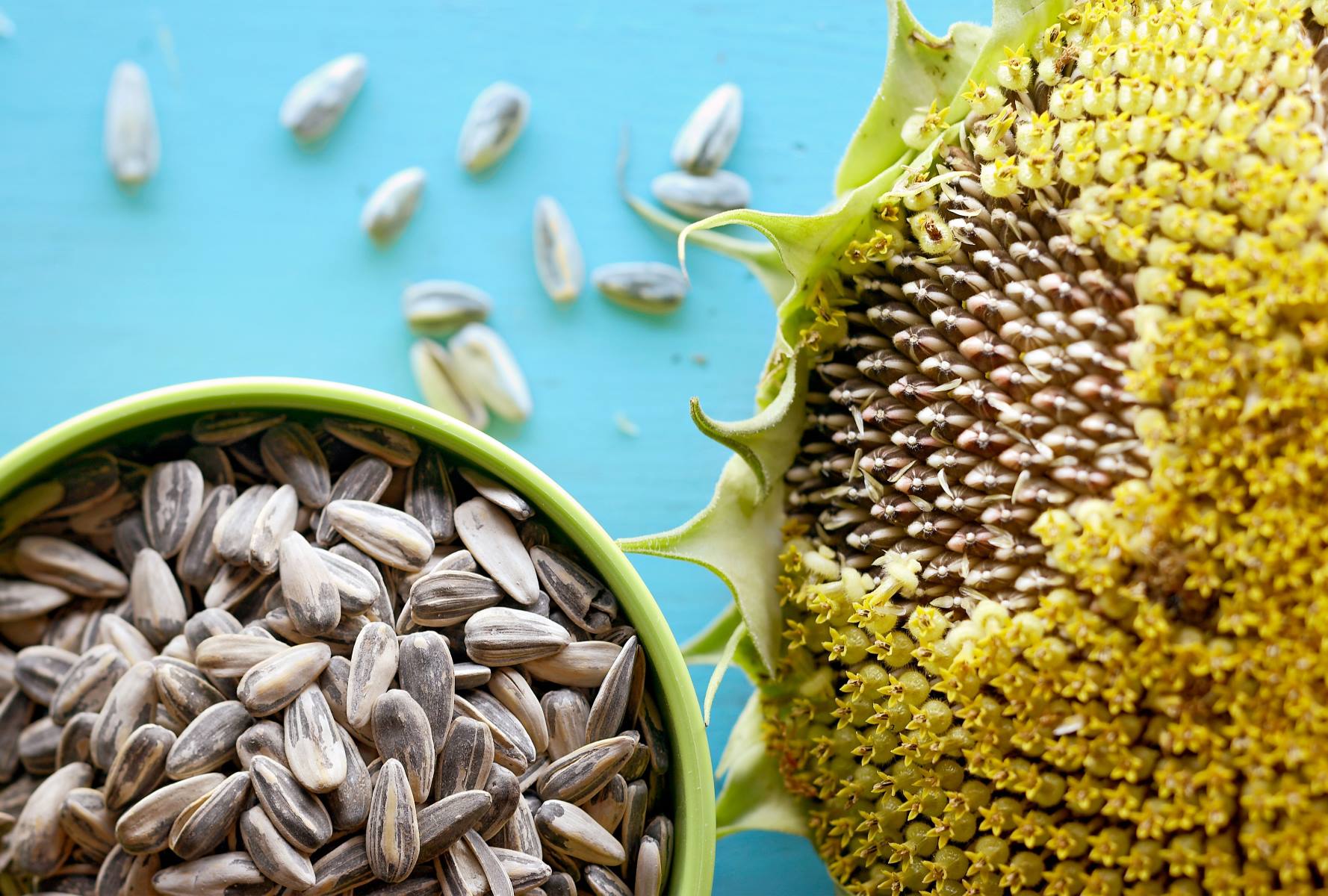
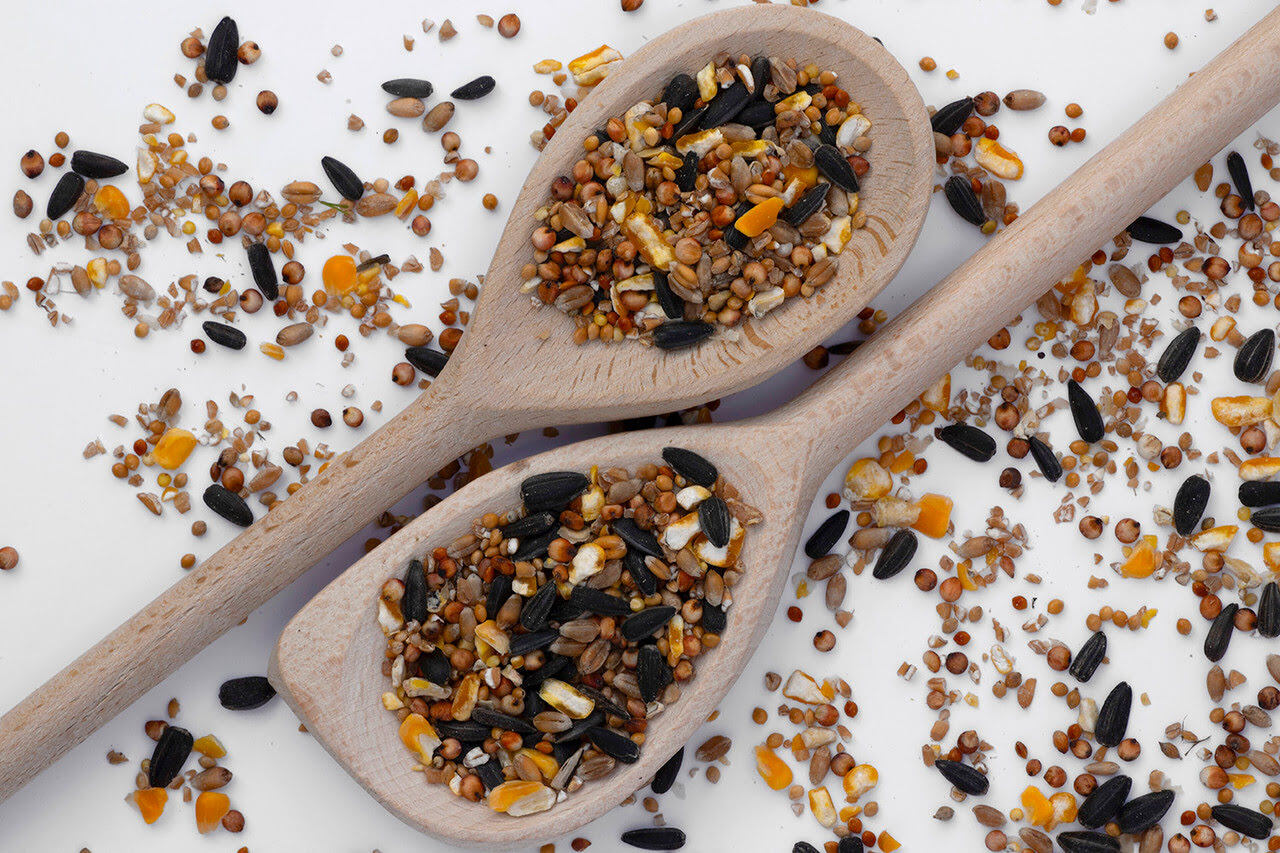
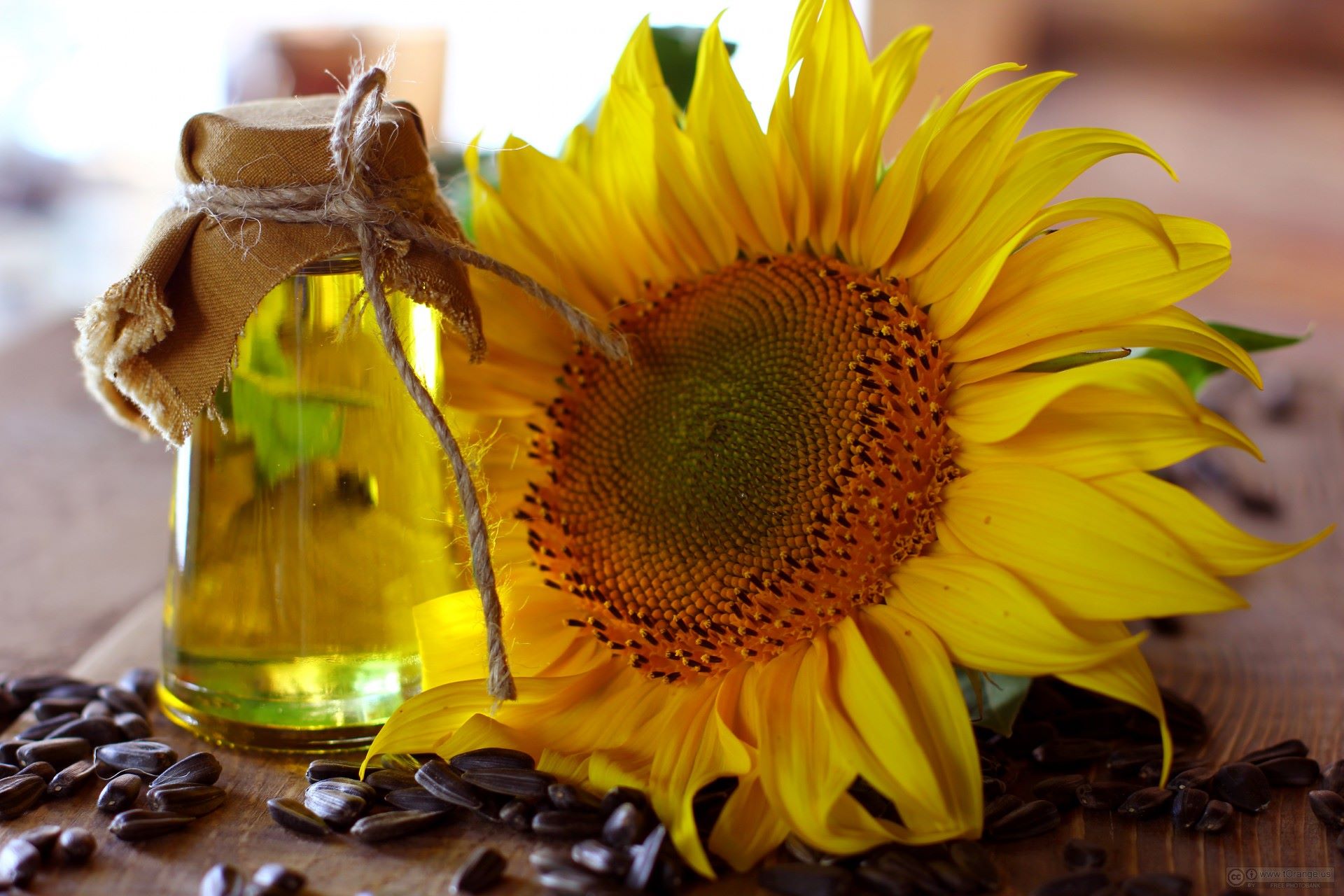
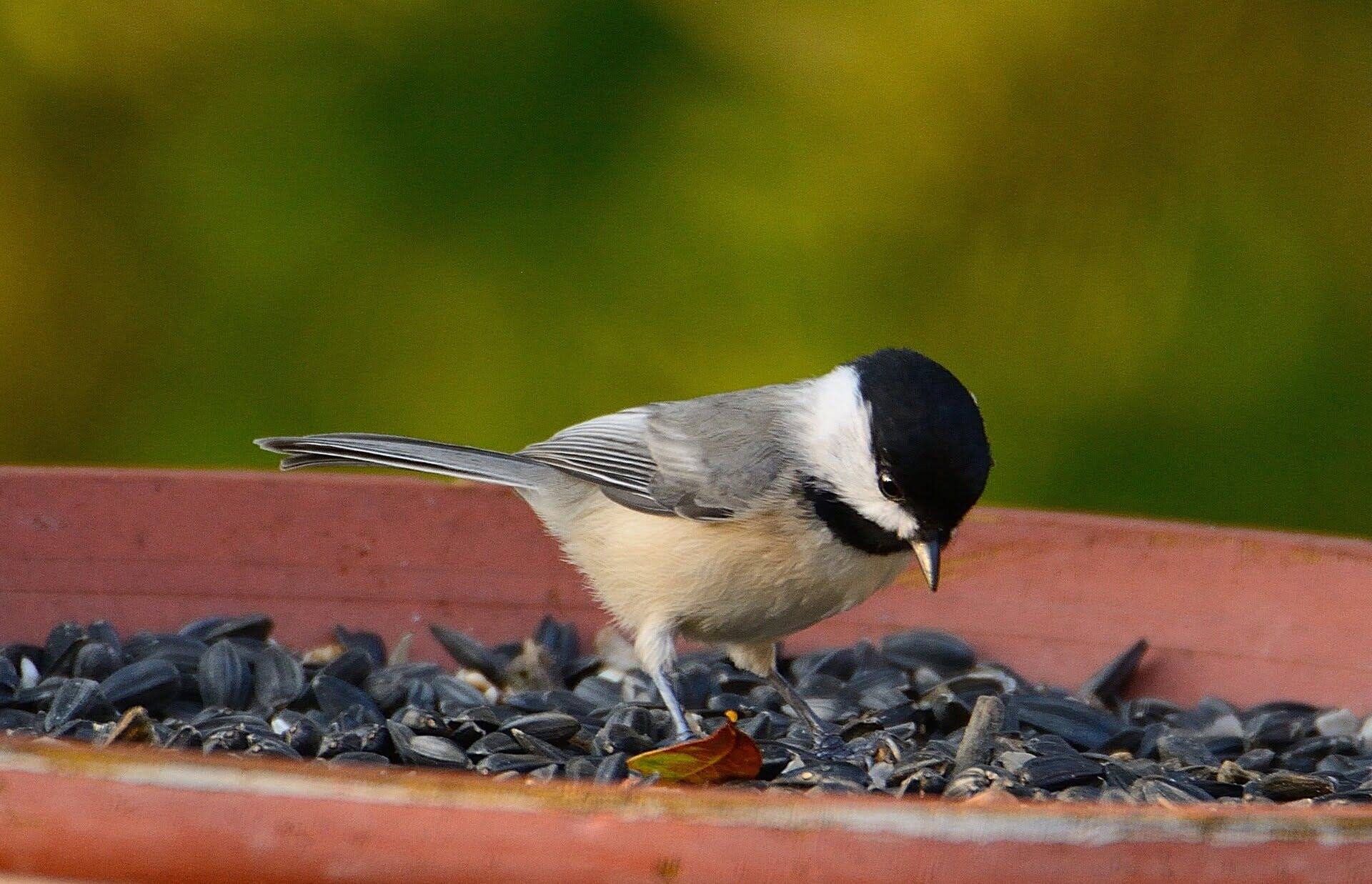
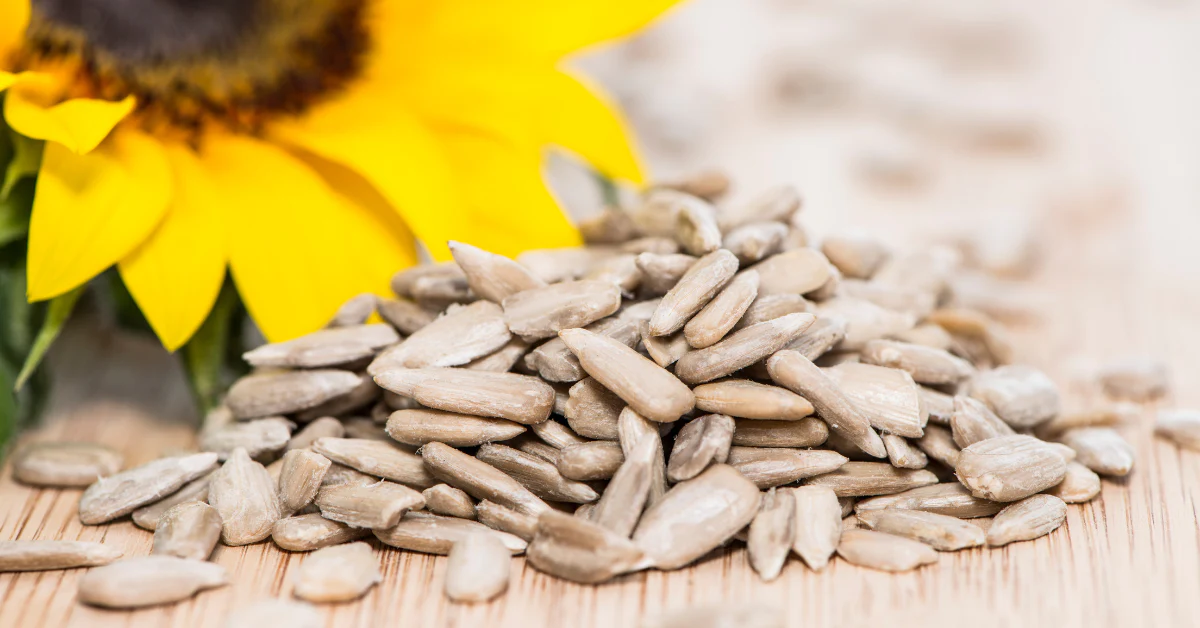
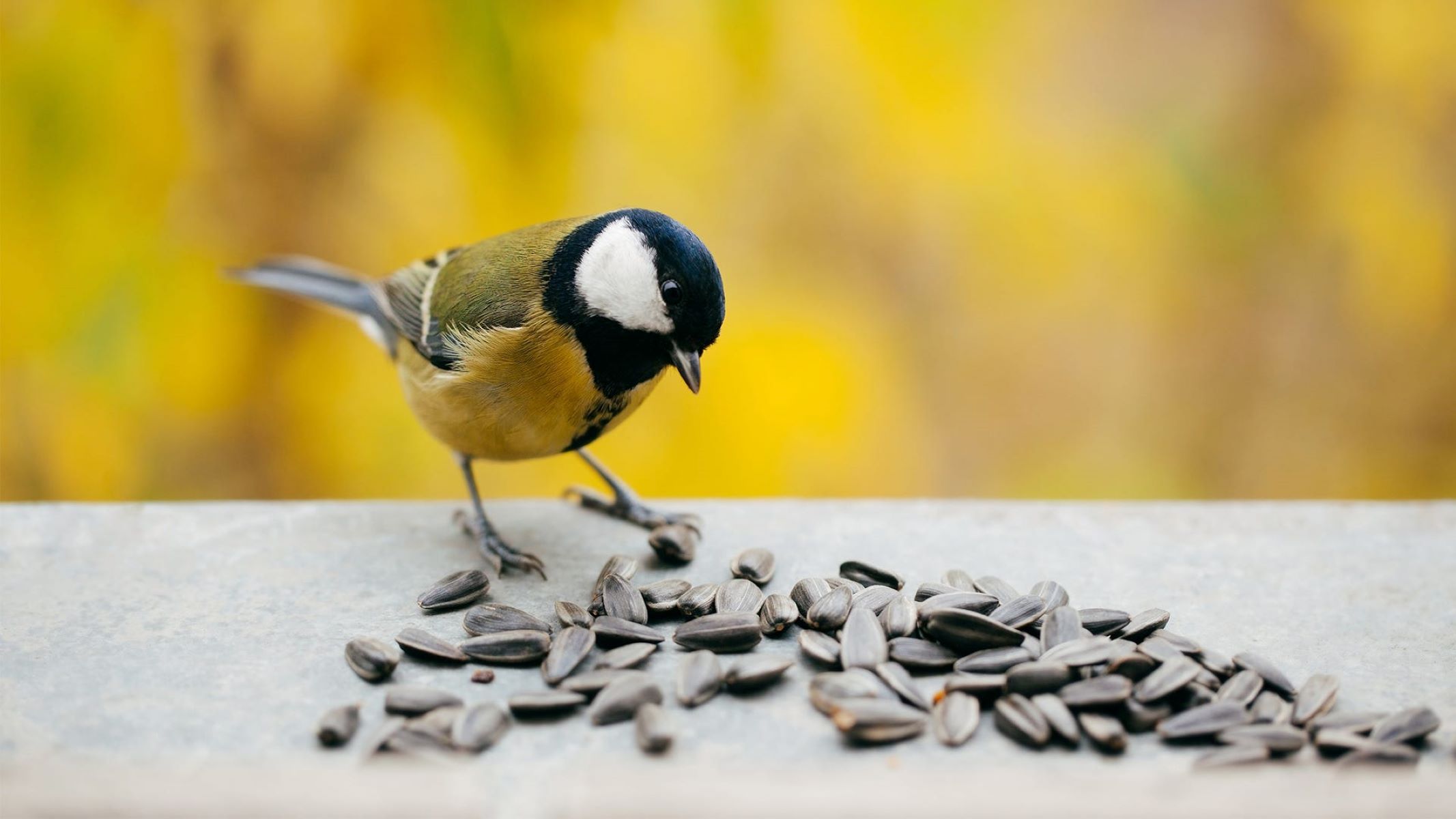
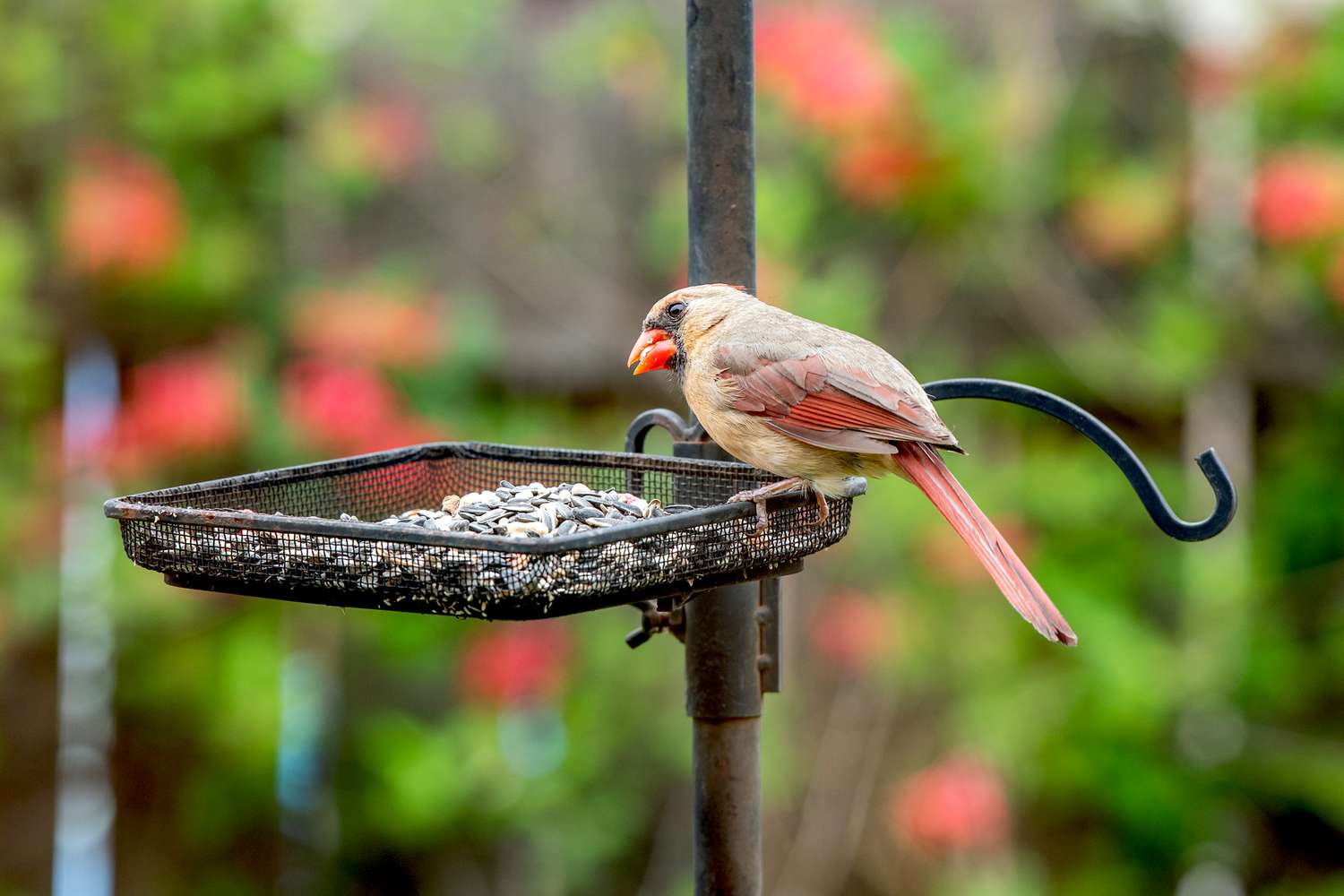
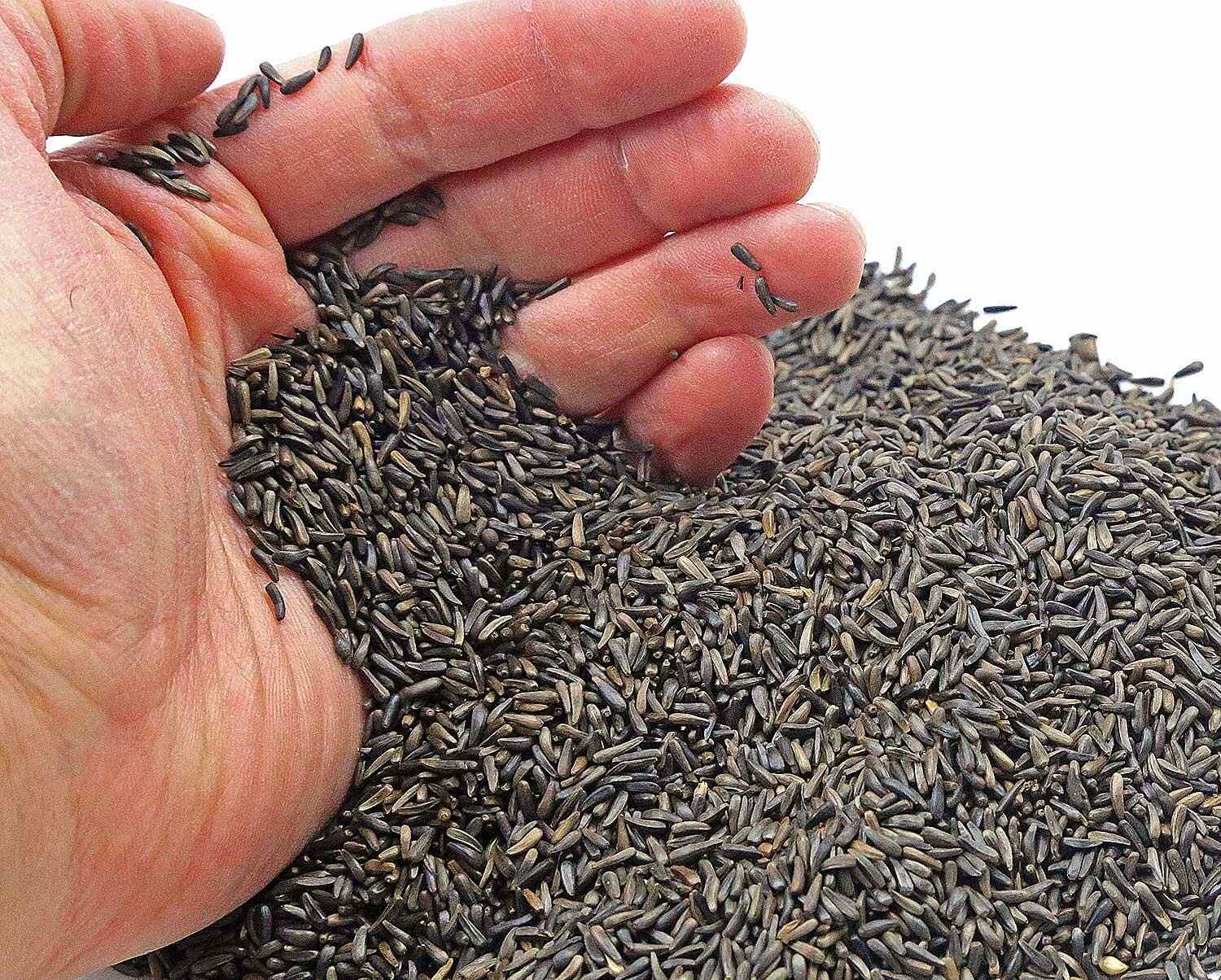
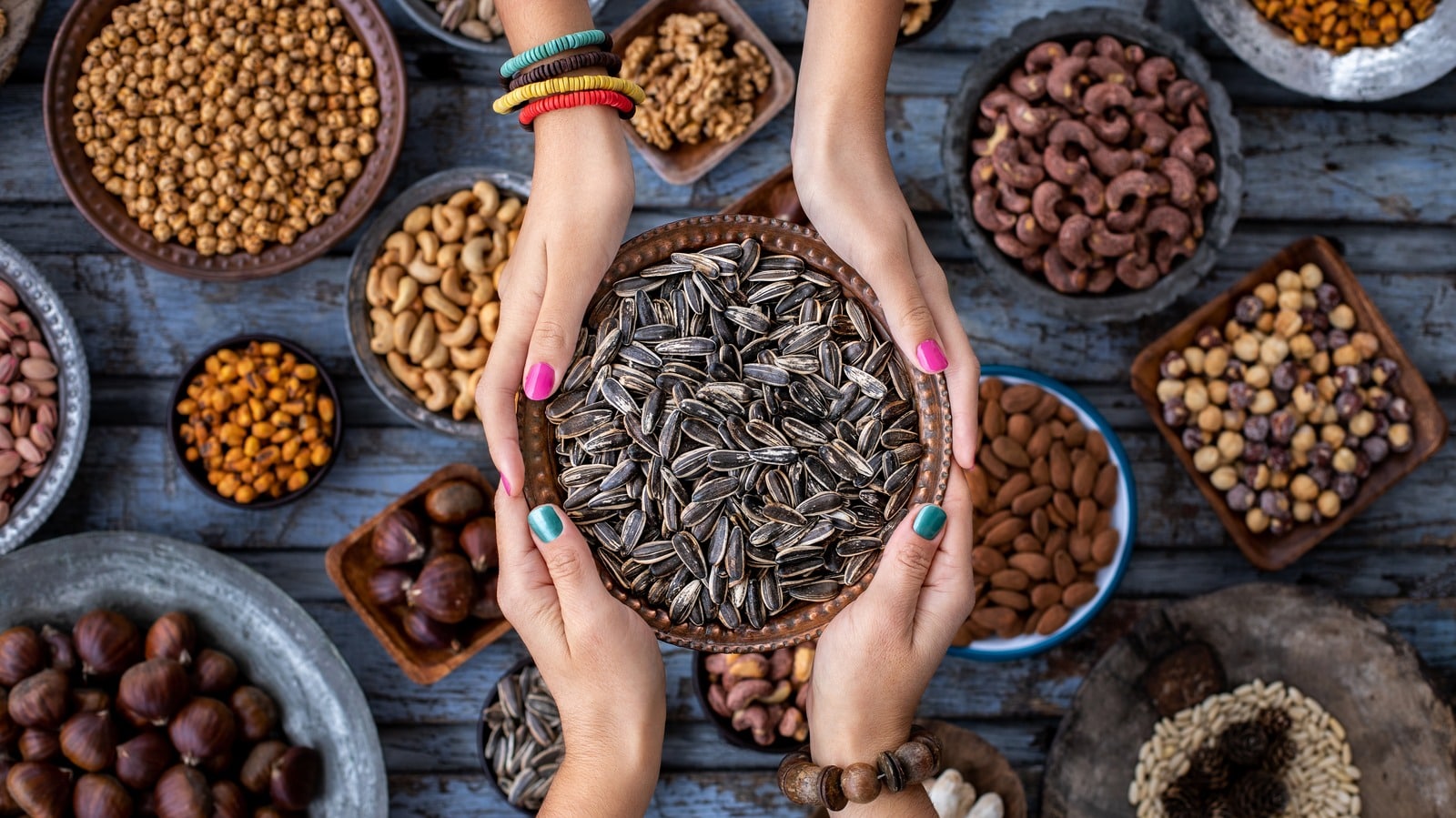
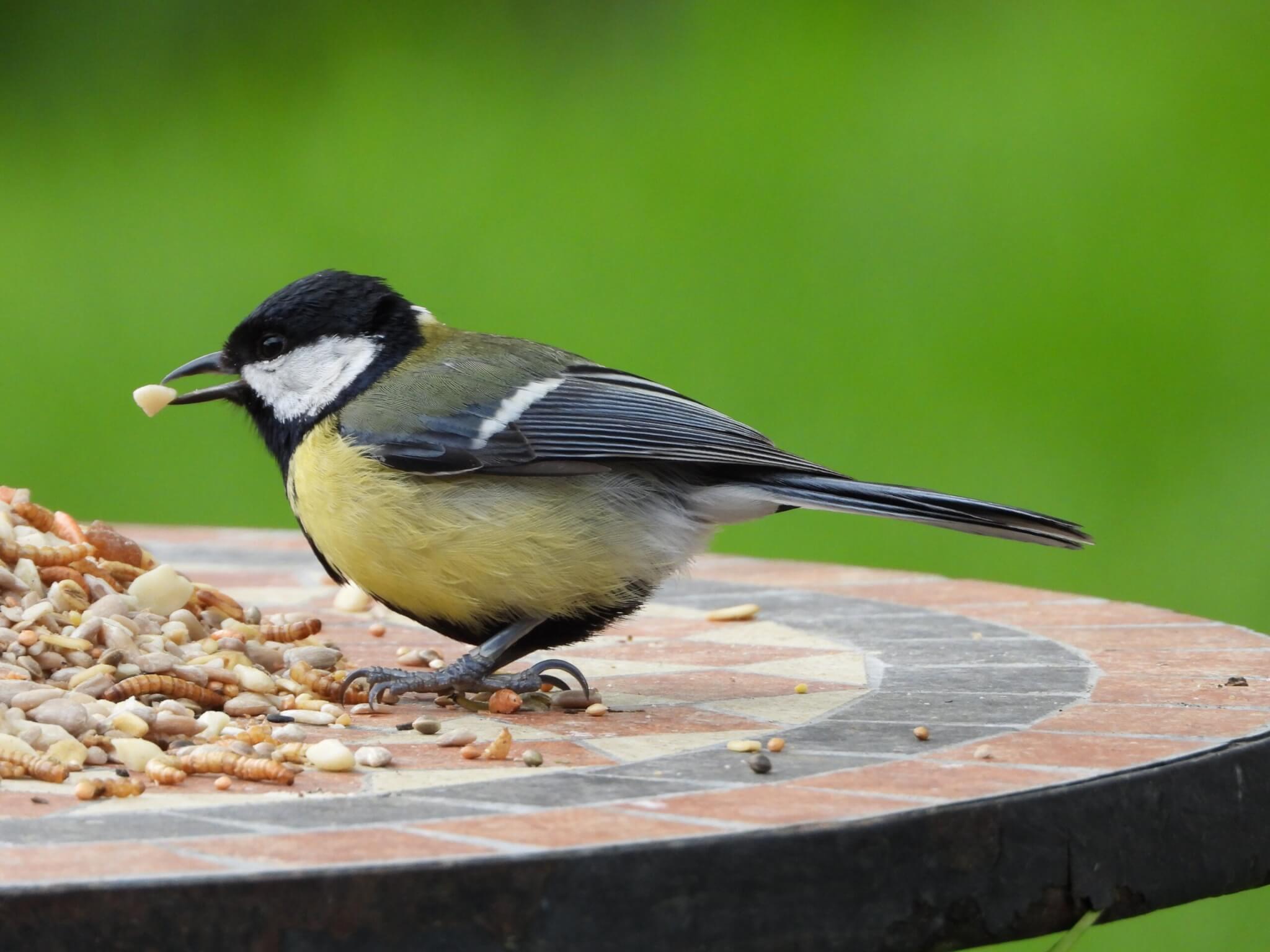
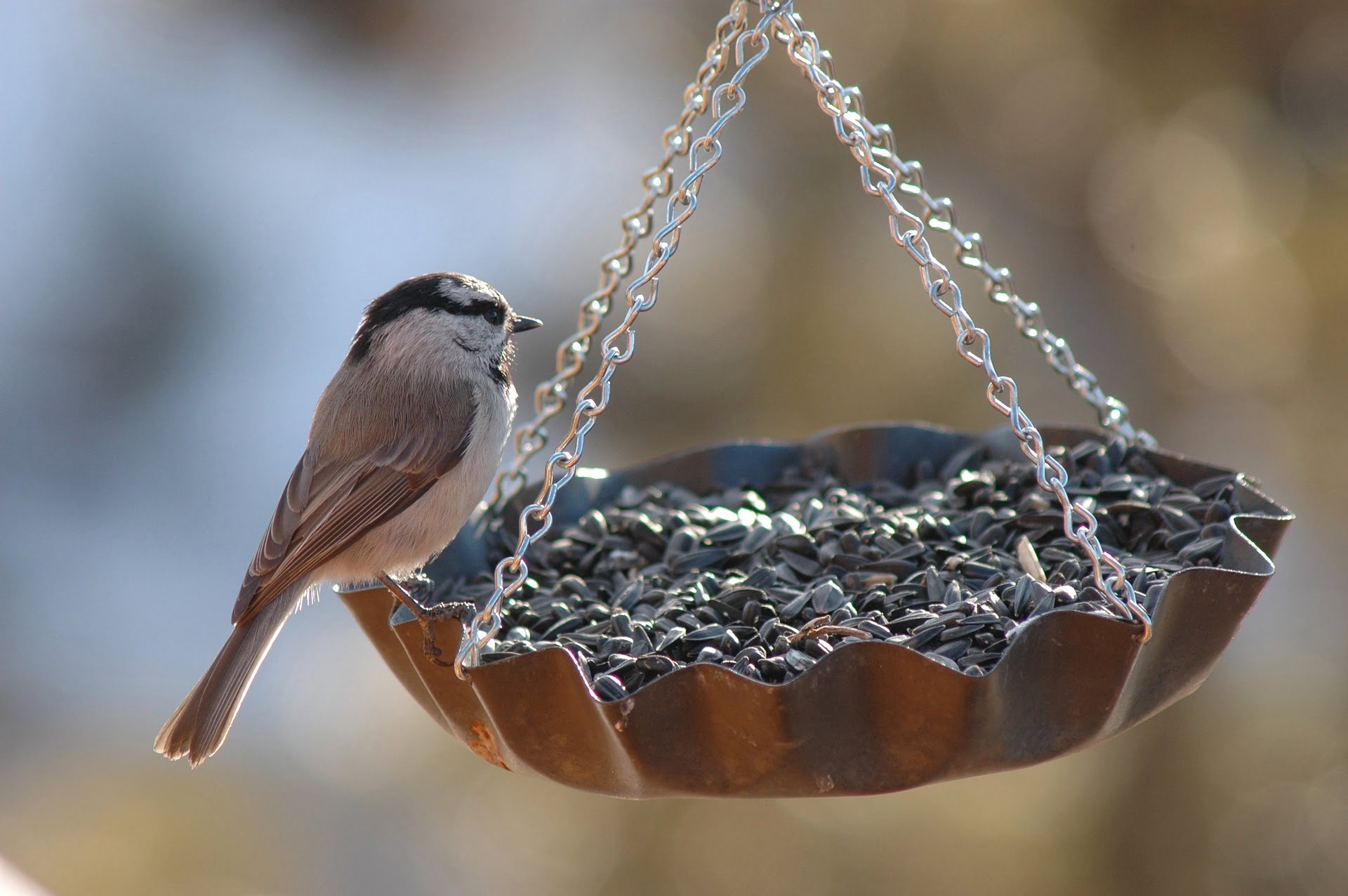
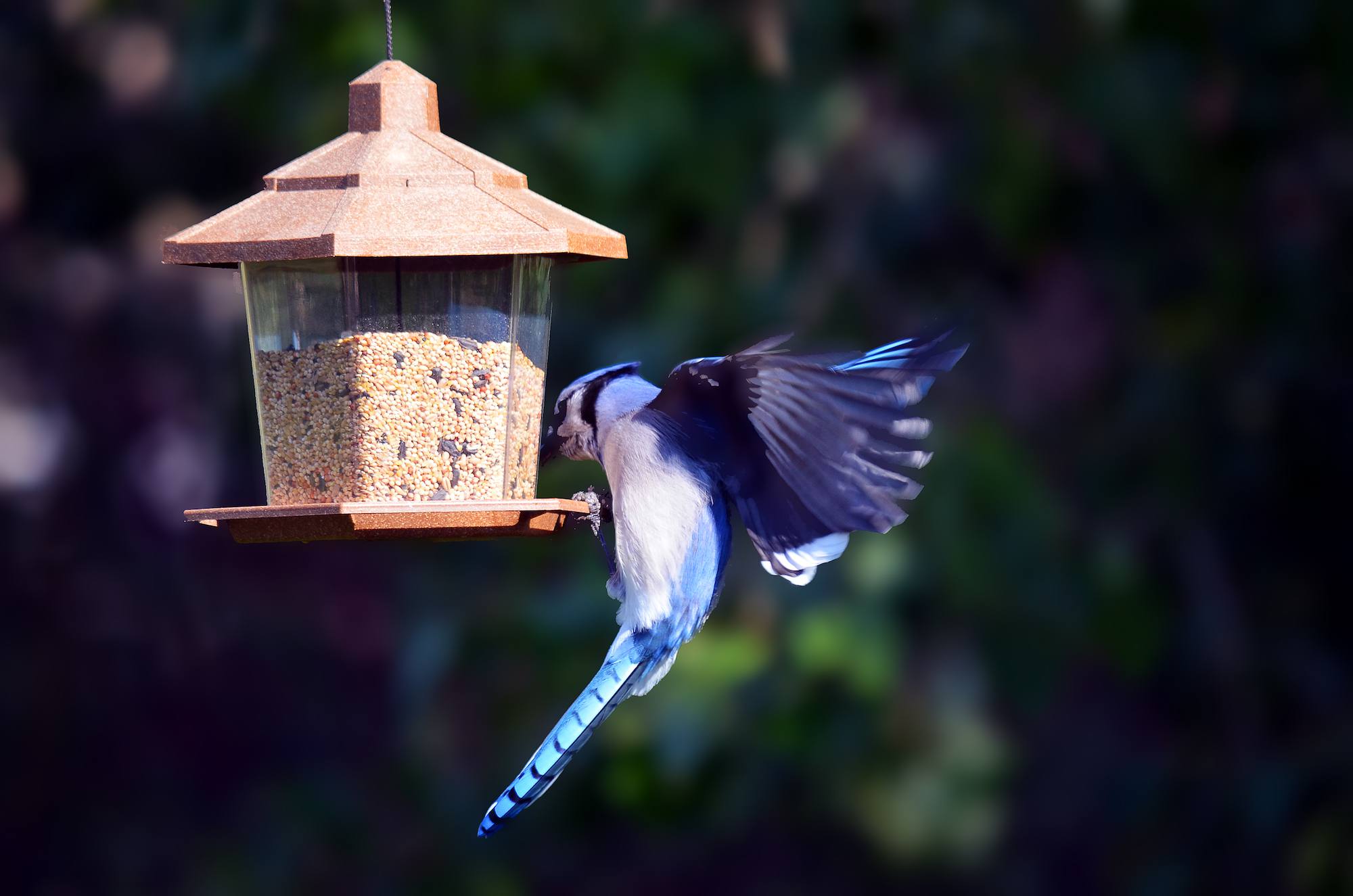
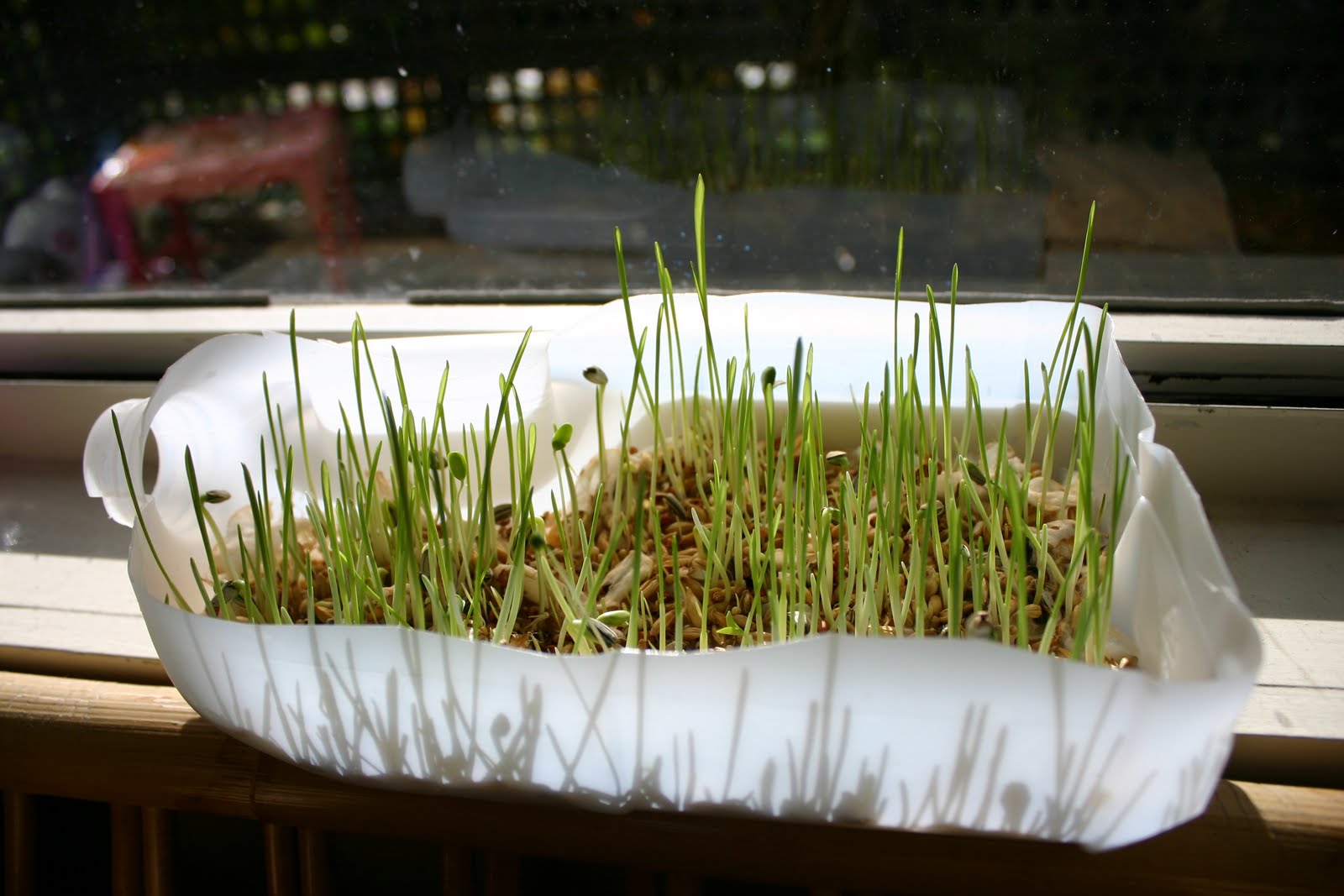
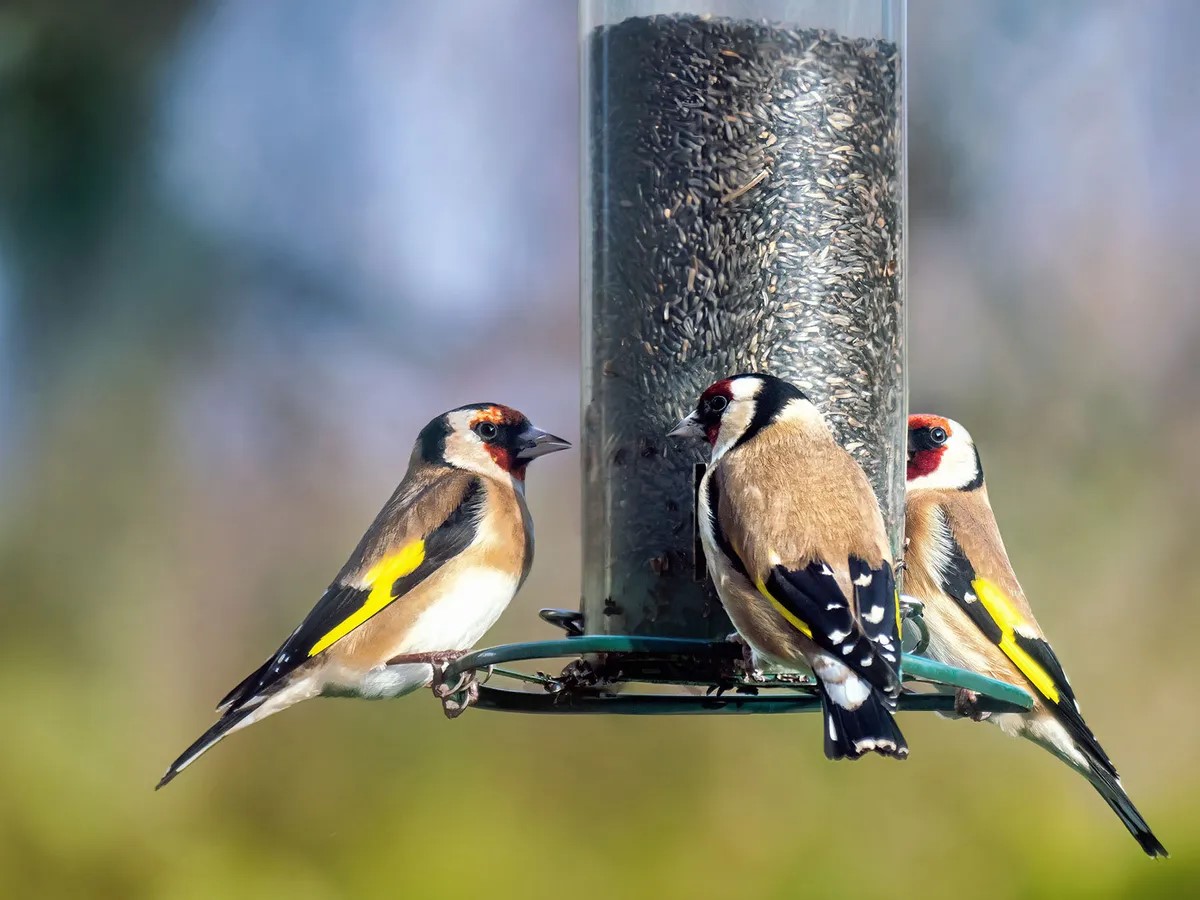

0 thoughts on “What Type Of Bird Loves Sunflower Seeds”